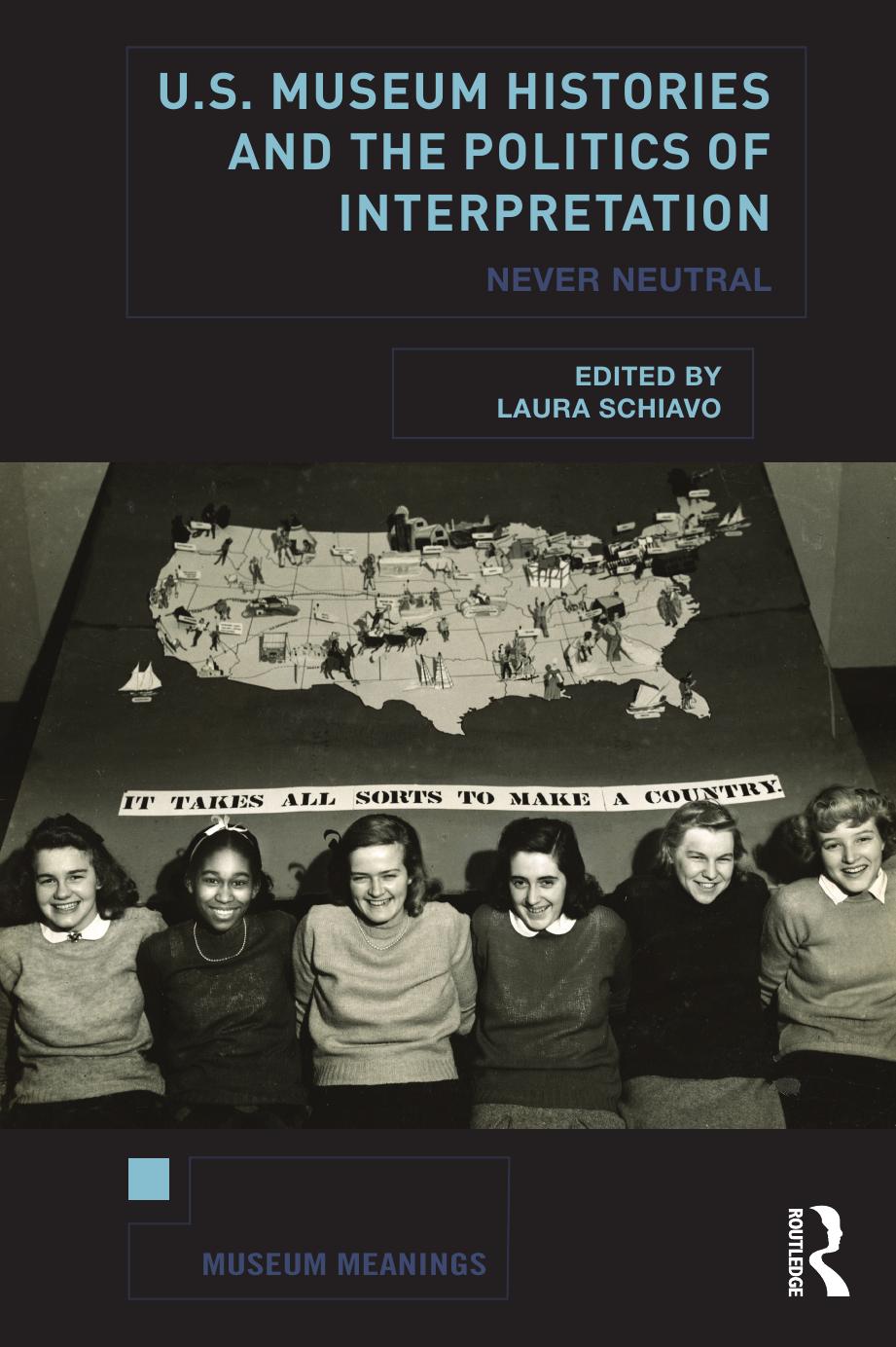

Most ebook files are in PDF format, so you can easily read them using various software such as Foxit Reader or directly on the Google Chrome browser.
Some ebook files are released by publishers in other formats such as .awz, .mobi, .epub, .fb2, etc. You may need to install specific software to read these formats on mobile/PC, such as Calibre.
Please read the tutorial at this link: https://ebookbell.com/faq
We offer FREE conversion to the popular formats you request; however, this may take some time. Therefore, right after payment, please email us, and we will try to provide the service as quickly as possible.
For some exceptional file formats or broken links (if any), please refrain from opening any disputes. Instead, email us first, and we will try to assist within a maximum of 6 hours.
EbookBell Team

4.8
24 reviewsIncluding contributions from historians, art historians, anthropologists, academics, and museum professionals, the book argues that museums have always been embedded in the politics and culture of their time – whether that means a reification of hegemonic notions of race, gender, and progress or a challenge to those normative structures. Contributions probe the political nature of collection and interpretation as concept and practice, and museum work as both reflective of and contributing to the politics and circulation of power in different historical moments. As a whole, the volume provides detailed readings of museums that demonstrate the ways in which these trusted cultural institutions have intervened in shifting concepts of nation, community, indigeneity, race, citizenship, inclusion, identity, localism, and memory.
U.S. Museum Histories and the Politics of Interpretation makes arguments about the historically and politically rooted nature of cultural production in museums that apply to institutions across the globe. It is essential reading for students and scholars of museum studies, public history, cultural history, art history, and memory.